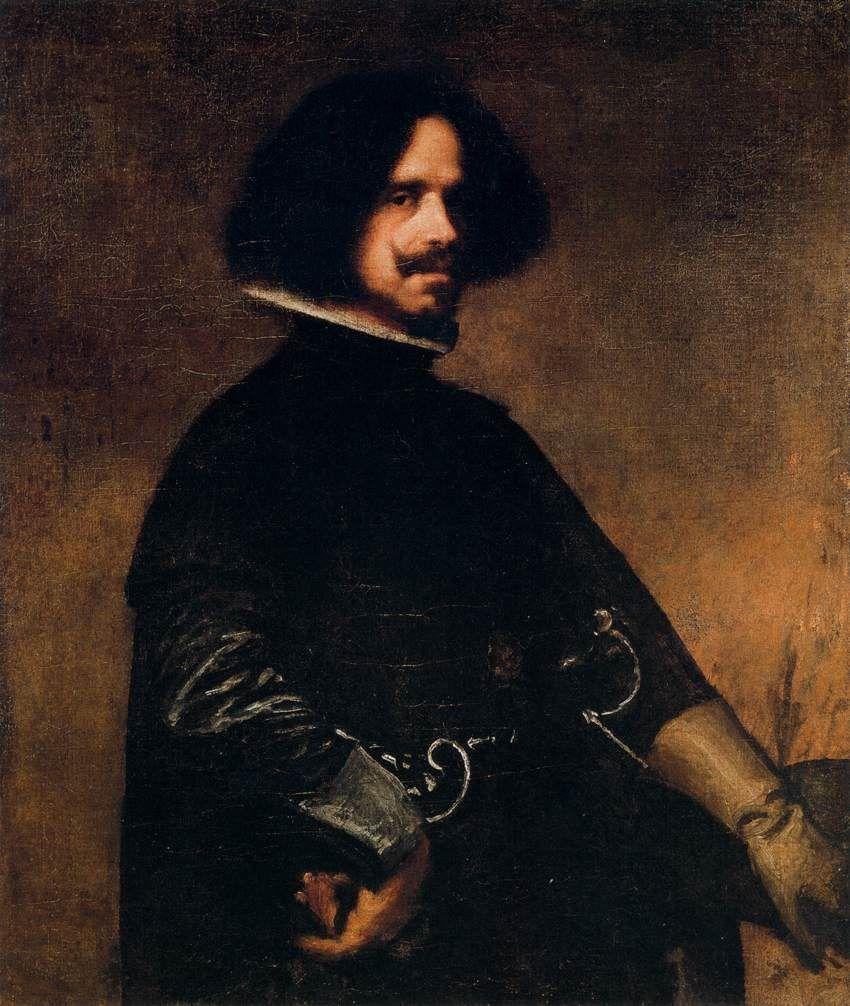Description
Diego Velázquez's Self-Portrait is a masterpiece of Spanish Baroque art that has captivated viewers for centuries. This painting is a perfect example of Velázquez's artistic style, characterized by his ability to capture reality with astonishing precision.
The composition of the work is impressive, with the artist portrayed standing, looking directly at the viewer with a calm and confident expression. Velázquez's figure stands out in the center of the painting, surrounded by a dark background that highlights his figure and gives it an air of mystery.
The use of color in this work is also notable. Velázquez uses a palette of soft and subtle colors, which give the painting a sense of calm and serenity. The artist also uses the chiaroscuro technique to create an effect of depth and shadows that adds a touch of drama to the work.
The story behind this painting is fascinating. Velázquez painted this self-portrait in 1650, when he was already a recognized and respected artist at the Spanish court. The work was a gift to King Felipe IV, who hung it in his private study. The painting was considered a masterpiece from the moment it was created, and has been admired by generations of artists and art lovers.
There are some little-known aspects of this work that are worth mentioning. For example, Velázquez is believed to have used a mirror to paint his self-portrait, allowing him to capture his own image with incredible precision. In addition, it is said that the artist included some hidden details in the painting, such as a small figure of Cupid in the lower right part of the work.

